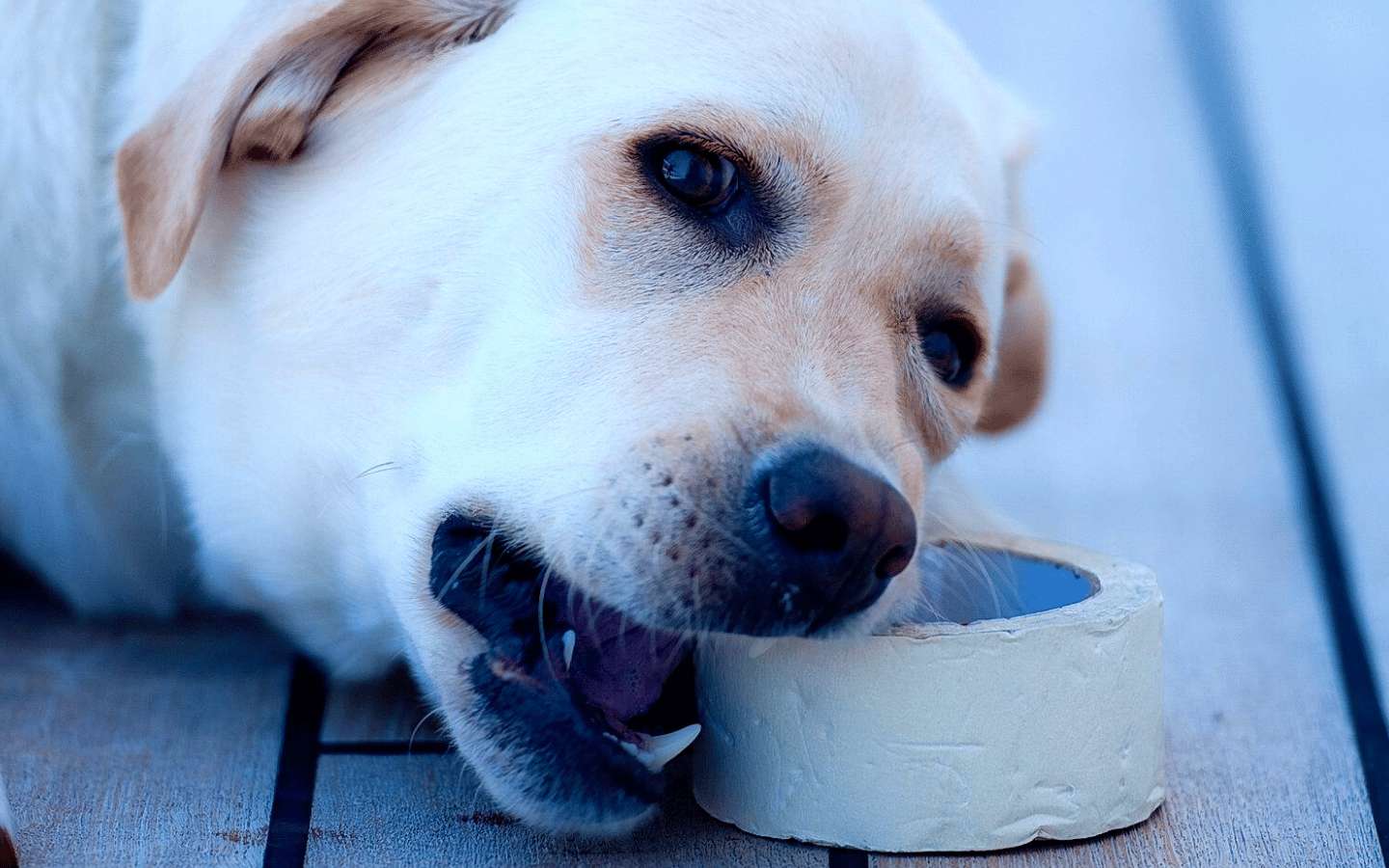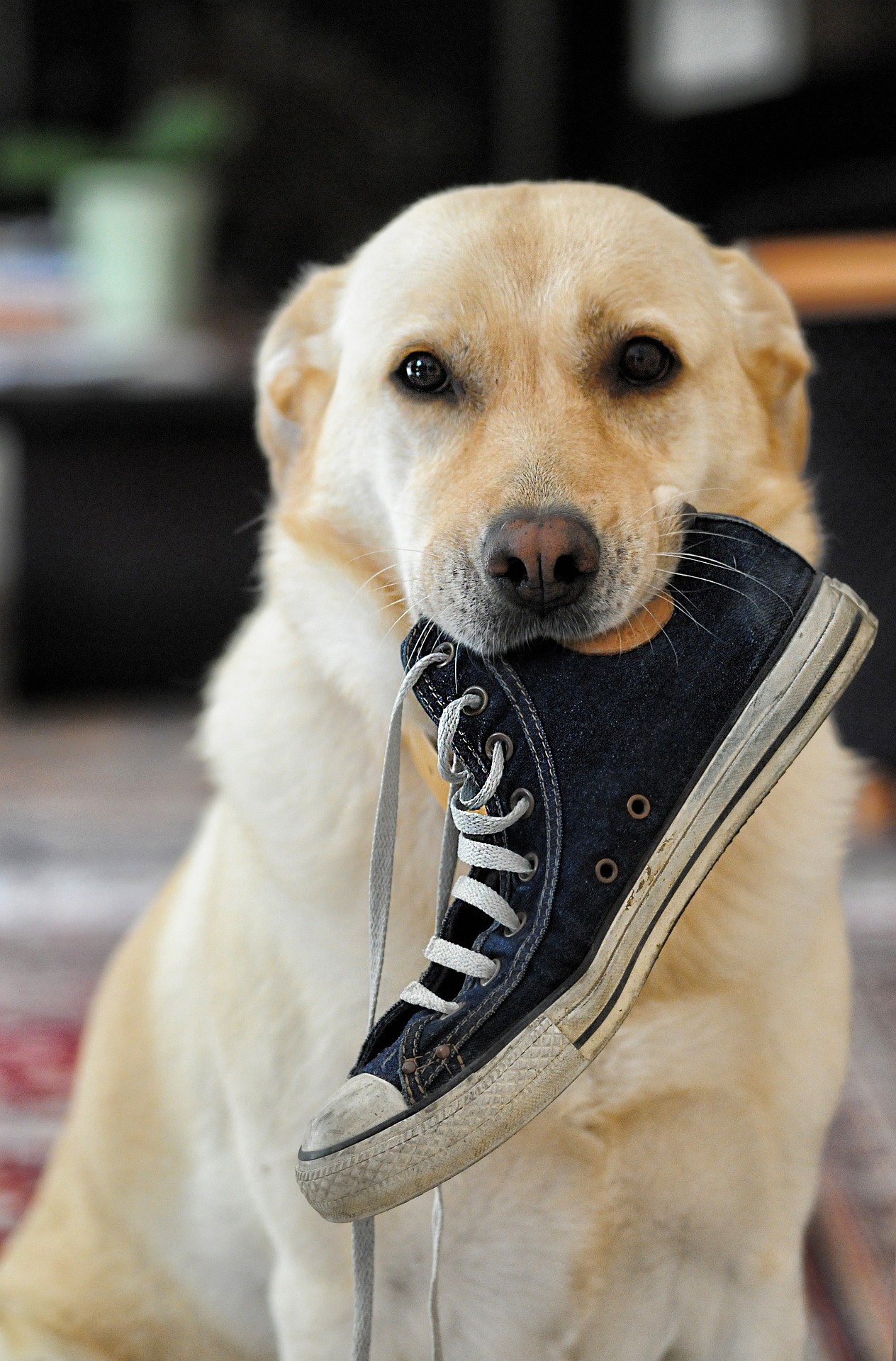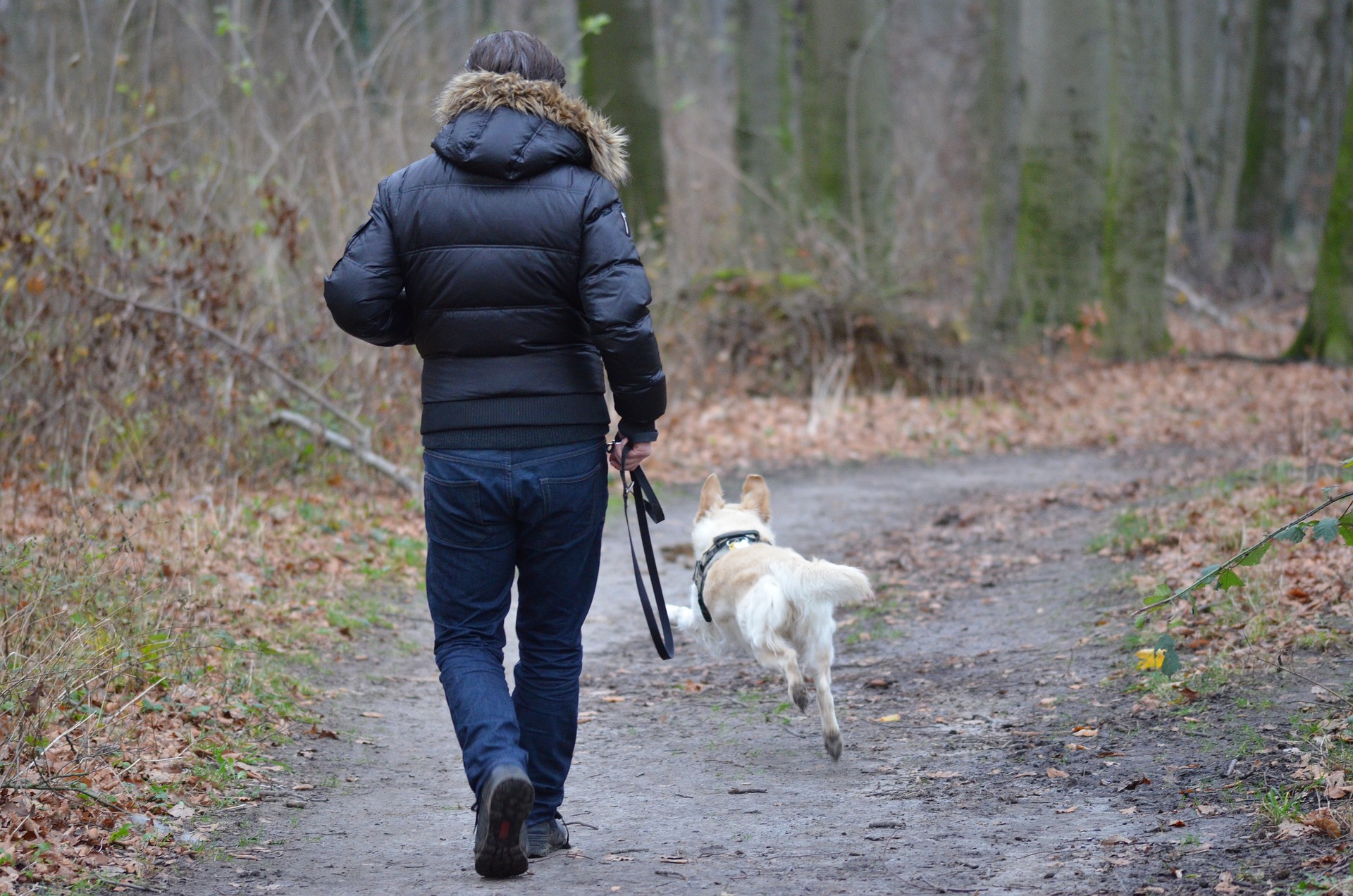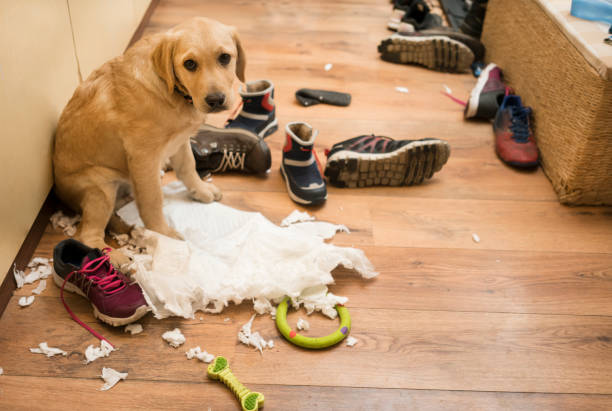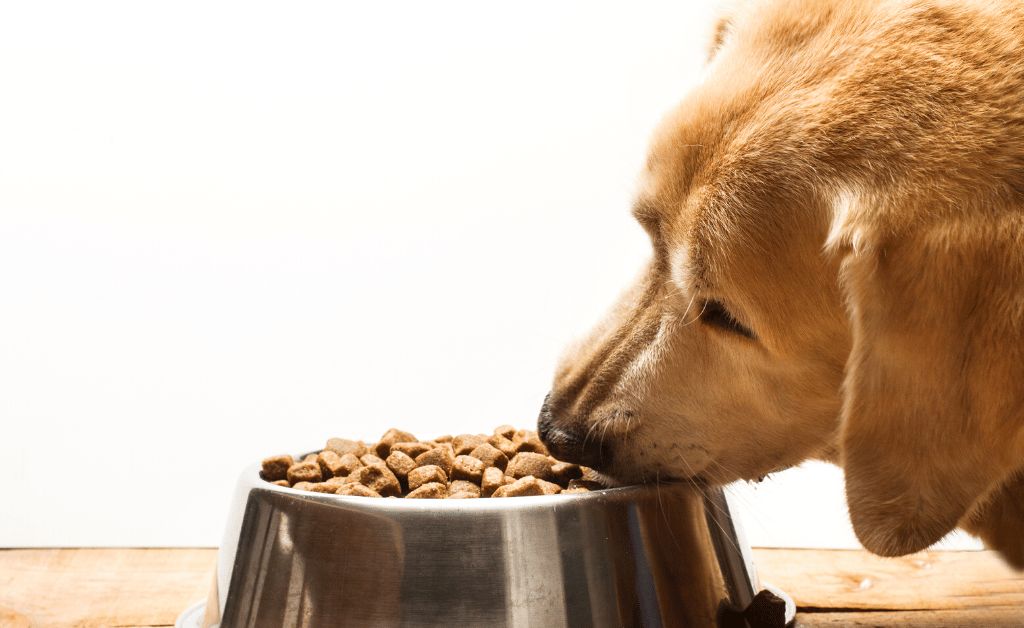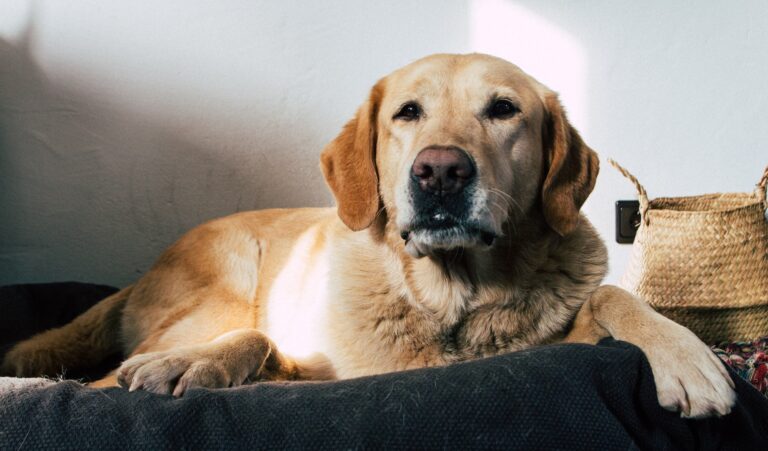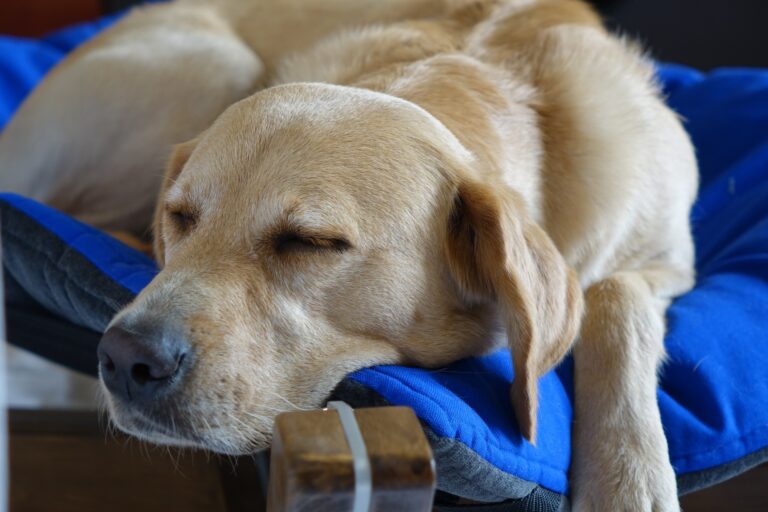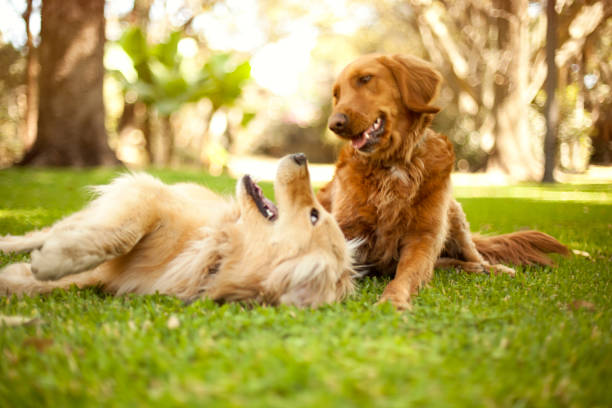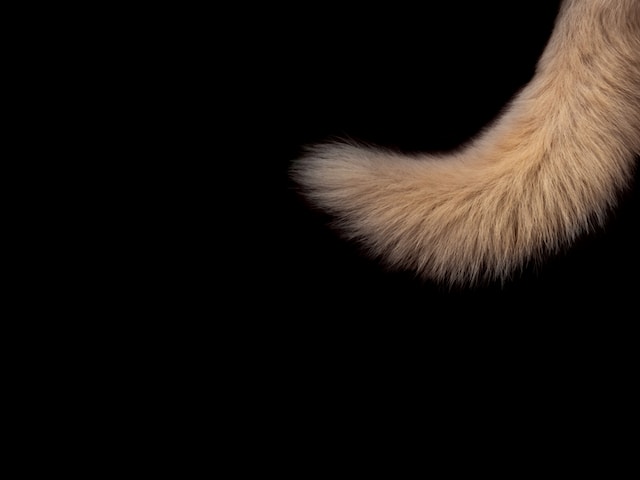Why Does My Labrador Chew Everything
Why does my Labrador chew everything it can get its teeth on? Is it entirely due to boredom, curiosity, teething, or something else? What items should I provide my Labrador to keep them from chewing on my furniture and other possessions?
Understanding why your pup has taken to chewing can help you figure out how best to manage the behavior.
Chewing is a common problem that many Labrador owners face. It can be both destructive and dangerous if left unchecked, as Labs have strong jaws and sharp teeth that can easily damage furniture, clothing, and other items in the home.
While some chewing is normal for puppies who are teething or exploring their environment, excessive chewing may indicate a more serious issue, such as boredom or anxiety. Fortunately, there are ways to manage destructive chewing behavior in Labradors to keep your pup happy and your possessions safe.
This article will cover the most common reasons why your Labrador may be chewing and how to prevent and manage it.
Reasons Why Labradors Chew
While the Labrador Retriever is a popular companion because of its sociability, loyalty, and intelligence, some owners express concern over the dog’s tendency to chew.
But do Labrador Retrievers have a reputation for being aggressive chewers? Not necessarily. Chewing can be caused by a variety of factors, including:
🐕 Lack of Training
Lack of training can be the cause of excessive chewing in Labradors. Without proper training, a Labrador may not understand which items are off-limits or why they shouldn’t chew certain things. This is especially common with puppies, who are just learning the rules of the house and may need more guidance as to what is acceptable and what is not.
🐕 Boredom
Without enough mental and physical stimulation, Labradors can easily become bored and turn to chewing to pass the time. Boredom behaviors may include digging in the yard, barking excessively, or chewing on furniture. Be sure your Labrador has plenty of toys and activities to keep them occupied.
🐕 Exploratory Chewing
Exploratory chewing is another common reason why Labradors may chew on objects. When Labradors investigate their environment, they may use their mouths to explore and investigate the textures of different surfaces and objects. This type of chewing can be particularly destructive if an item has a particular texture or taste that appeals to the pup.
🐕 Puppy Teething
Just like human babies, puppies often go through a teething stage as they transition from puppy to adult teeth. During the teething stage, puppies will chew on virtually anything they can get their teeth on to relieve the pain and discomfort caused by the new teeth coming in.
In addition to wanting to chew, puppies may also try to gnaw or bite while teething to massage their sore gums.
🐕 Anxiety or Stress
Anxiety or stress can be a primary reason for labradors chewing on objects. Labs may resort to destructive behavior such as constant chewing to relieve built-up stress and anxiety caused by daily experiences, lack of physical activity, boredom, changes in routine, or inadequate environmental stimulation.
As pack animals that thrive on companionship and positive reinforcement training, labs require adequate mental and physical stimulation to remain contented; failing this can lead to anxiety, destroying household items.
Awareness of this particular behavior and taking the necessary steps to optimize quality time spent with your pup are essential to creating an emotionally healthy environment to help reduce or prevent potentially destructive behaviors associated with elevated anxiety levels.
🐕 Relaxation and Pleasure
While not as common, some Labradors may chew on objects out of relaxation and pleasure. Chewing plays an important role in developing their minds and bodies as puppies, but it can also provide comfort and relaxation later in life. This can be a particular issue with soft items such as blankets, clothing, or stuffed animals that have an inviting texture for the pup.
How To Stop Labradors from Chewing
The key to preventing and managing destructive chewing in Labradors is creating an environment that meets their physical and mental stimulation needs. Here are a few tips for how to stop Labradors from chewing:
🐶 Provide a Chew Toy
As a dog owner, providing your Labrador with plenty of chew toys can effectively prevent or manage destructive chewing behaviors. Chew toys are designed to satisfy your Labrador’s natural urge to chew and can help them develop strong jaws and teeth as puppies.
When selecting chew toys for your pup, make sure to choose items made of safe materials that won’t splinter when chewed on. Toys should also be sized appropriately for your puppy (puppy-sized toys are safer than adult-sized ones).
Look for durable rubber and nylon items specifically designed for teething puppies, as these will last longer than softer items like stuffed animals or synthetic fabrics.
Giving your Labrador a variety of chew toys can also help prevent boredom and satisfy their need to explore new textures. For example, rope toys are an effective choice that provides both mental stimulation and physical exercise since they can be used for tugging games.
Additionally, certain types of edible chews, such as antlers or rawhide bones, provide entertainment while helping promote healthy gums and teeth – just make sure they’re not prone to splintering or breaking off in chunks before giving them to your pup!
🐶 Exercise
Exercise is essential for keeping a Labrador’s body and mind healthy. Regular physical activity can help keep your Lab from becoming bored or stressed, which can lead to destructive behaviors such as chewing.
Daily walks, runs, or other forms of physical exercise are key components in providing your pup with the necessary mental stimulation they need to remain contented and well-behaved.
🐶 Make Items Unpleasant To Your Dog
One way to make items unpleasant to your dog is to use a bitter apple or lemon spray. Bitter apple and lemon sprays contain compounds like capsaicin and citric acid, which create an unpleasant taste on the item that your Labrador won’t want to chew on.
To use these sprays, apply them evenly to any areas of the object that your pup may chew on. You can find these sprays at most pet stores or online retailers.
Another simple solution is blocking access to objects you don’t want your dog chewing on. This can be done by using baby gates and crates or keeping doors closed when not in use. If you’re dealing with furniture or drapery, you can also purchase special protectors made of a vinyl-coated fabric designed to prevent pet damage.
🐶 Punishment Doesn’t Work
Punishing your Labrador for destructive behaviors such as chewing will not successfully correct or prevent the behavior. It is important to understand that Labradors typically engage in this type of behavior out of boredom, anxiety, or pleasure rather than intentionally attempting to misbehave.
Punishment can create undue stress and confusion for your pup, leading to an increase in destructive behavior rather than a decrease.
Although it may be difficult to resist the urge, punishing your Labrador for chewing can end up doing more damage than good. Instead, focus on providing mental stimulation and positive reinforcement when they engage in desirable behaviors. This approach is much more effective in creating lasting behavioral change and helping your pup remain content in the long term.
🐶 Supervision
The best way to manage destructive chewing in Labradors is by supervising them when they’re given free access around the house. This will allow you to intervene immediately if your pup begins to chew on anything inappropriate or dangerous. You should also provide plenty of positive reinforcement whenever your Labrador chews on their toys – this will establish a connection between the toy and positive feelings, helping discourage them from chewing on other items.
If you find yourself unable to provide adequate exercise or time for play, consider enrolling your pup in a doggy daycare or hiring a professional dog walker to help keep them entertained and exercised while you’re away. Taking these steps will help ensure your Labrador’s emotional and physical well-being – ultimately leading to fewer instances of destructive behavior like chewing.
Frequently Asked Questions
Q: Is German Shepherd chewing dangerous?
A: Yes, German Shepherds can cause significant damage when they chew on items around the house. Chewing is a natural behavior for them and should not be discouraged. However, it is important to provide appropriate items for your pup to chew on and supervise them whenever possible to reduce the risk of destruction or injury.
Q: Is my dog health the reason for my Labrador chewing?
A: It is possible that a medical condition, such as dental problems or an allergy, could be causing your Labrador to chew excessively. If you suspect health issues may cause your pup’s destructive behavior, it’s crucial to consult with a veterinarian to rule out any underlying conditions.
Q: Does bite inhibition help stop Labrador chewing?
A: Yes, bite inhibition is an important part of training that helps reduce the intensity of your Labrador’s bites. Through regular practice and repetition, you can teach your pup to be gentle while they chew on toys or treats. This will help them learn appropriate play behaviors and discourage them from damaging objects around the house.
Q: What kind of dog food should I give my Labrador?
A: Labradors typically do best on a diet high in protein and low in fat. Look for dog food that has natural ingredients, like fresh meat and vegetables, as opposed to processed grains or artificial additives. However, ensure the portions you feed your pup are appropriate for their age and activity level. Consulting with your veterinarian can help ensure that your Labrador receives the right nutrition.
Q: As a pet owner, what can I do to help prevent my Labrador from chewing?
A: Providing plenty of exercises, mental stimulation, and positive reinforcement are key components of managing destructive chewing in Labradors. Supervising them when they’re given free access around the house and providing appropriate items for them to chew on will also help reduce inappropriate chewing.
Final Words
Chewing is a natural behavior for Labradors, but it can quickly become destructive if not managed correctly. By understanding why your pup may be chewing and providing them with the right environment and activities to keep them entertained, you’ll be able to reduce inappropriate or dangerous chewing instances in no time.
Consistently rewarding desirable behaviors will also help reinforce positive associations between certain items and feelings – ultimately helping your Labrador stay happy and healthy while avoiding damage around the house. With these tips in mind, you should have everything you need to start managing your puppy’s destructive habits!

